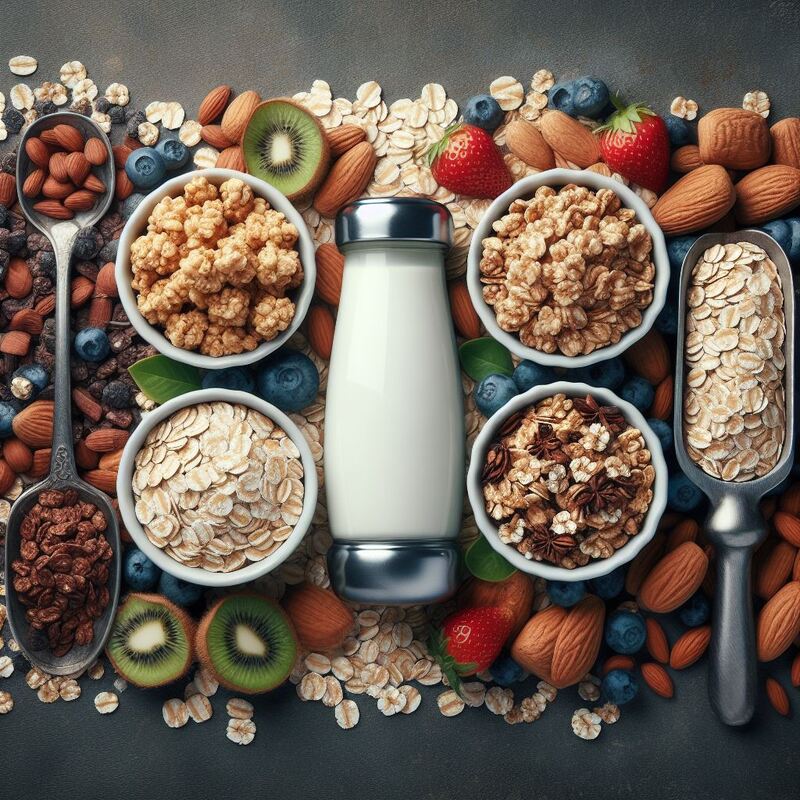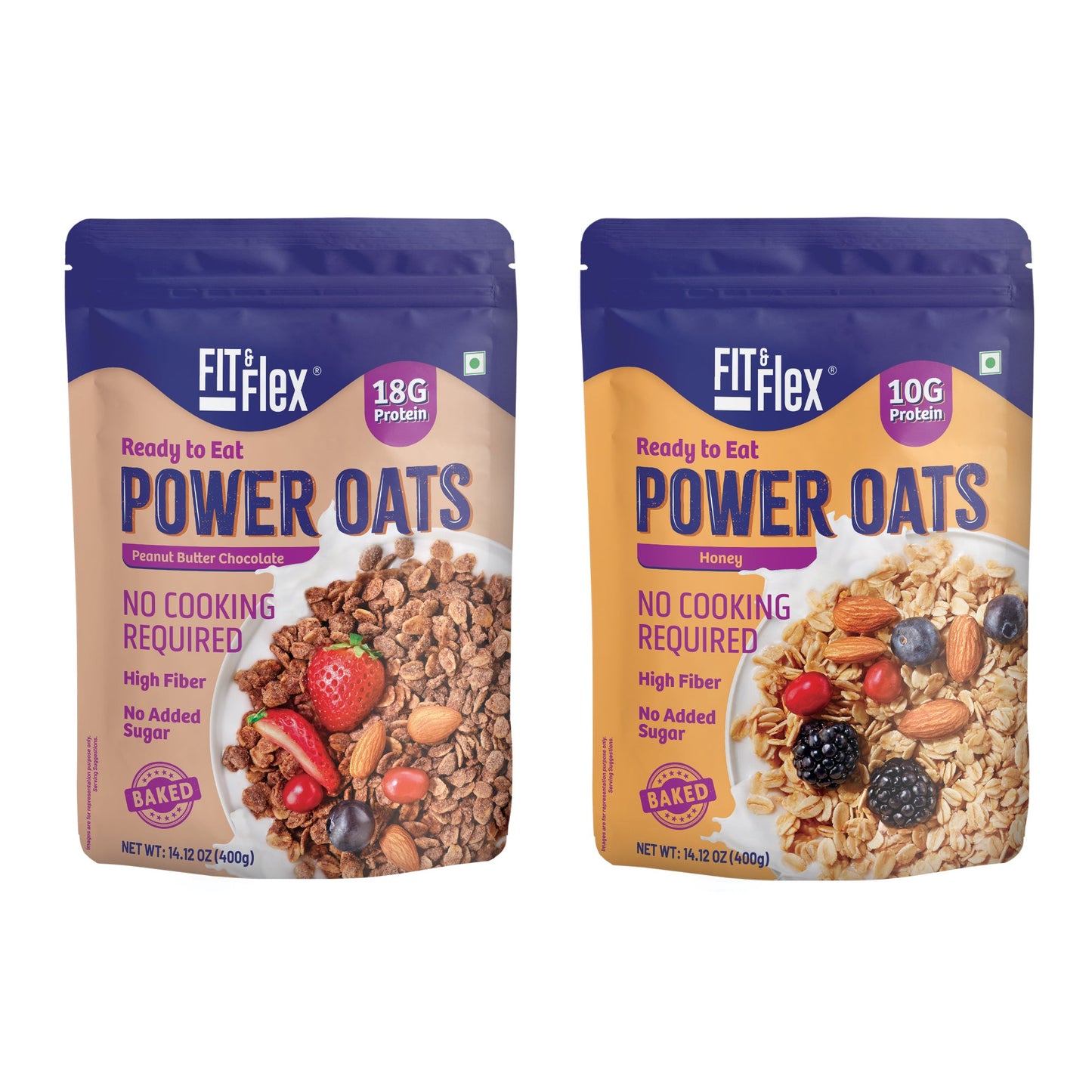The Role of Breakfast Cereals in Preventing Chronic Diseases

Breakfast cereals have long been a staple in households around the world, loved for their convenience, taste, and versatility. But beyond being a quick morning fix, emerging research suggests that certain types of breakfast cereals, such as granola, power oats, and muesli, may play a significant role in preventing chronic diseases. Let's delve into the science behind these breakfast staples and how they contribute to overall health and well-being.
Understanding Chronic Diseases
Chronic diseases, such as heart disease, diabetes, and certain cancers, are among the leading causes of death worldwide. These conditions often develop over time and are influenced by various factors, including genetics, lifestyle choices, and diet. While genetics may be beyond our control, lifestyle factors, including diet, present an opportunity for prevention and management.
The Nutritional Powerhouses: Granola, Power Oats, and Muesli
Granola, power oats, and muesli are more than just tasty breakfast options; they are nutritional powerhouses packed with essential nutrients that support overall health. Here's how they contribute to disease prevention:
- Heart Health: Many breakfast cereals contain whole grains, such as oats and barley, which are rich in soluble fiber. Soluble fiber helps lower cholesterol levels, reducing the risk of heart disease and stroke.
- Blood Sugar Control: Foods with a low glycemic index, such as oats and muesli, are digested more slowly, leading to gradual rises in blood sugar levels. This helps prevent spikes and crashes in blood sugar, reducing the risk of type 2 diabetes.
- Weight Management: Breakfast cereals high in fiber and protein, such as granola and power oats, help keep you feeling full and satisfied, reducing the likelihood of overeating and aiding in weight management.
- Digestive Health: The fiber found in breakfast cereals supports digestive health by promoting regular bowel movements and preventing constipation. A healthy digestive system is essential for overall well-being and may reduce the risk of colon cancer.
Incorporating Breakfast Cereals into a Healthy Diet
To reap the benefits of breakfast cereals for disease prevention, it's essential to incorporate them into a balanced diet. Here are some tips for maximizing their health benefits:
- Choose Whole Grains: Opt for breakfast cereals made from whole grains, such as oats, barley, and quinoa, rather than refined grains.
- Watch the Sugar Content: Be mindful of added sugars in breakfast cereals, as excessive sugar intake has been linked to an increased risk of obesity and chronic diseases. Choose cereals with minimal added sugars or sweeten them naturally with fresh fruits or a drizzle of honey.
- Add Nutritious Toppings: Enhance the nutritional value of your breakfast cereals by adding nutrient-rich toppings, such as fresh fruits, nuts, seeds, and yogurt.
- Balance Your Meals: Pair your breakfast cereals with other nutritious foods, such as lean protein sources, dairy or plant-based milk, and healthy fats, to create balanced meals that provide sustained energy and satiety.
Conclusion: Start Your Day Right with Breakfast Cereals
Incorporating breakfast cereals like granola, power oats, and muesli into your daily routine can have profound benefits for your health and well-being. By choosing nutrient-dense options and pairing them with other wholesome foods, you can take proactive steps towards preventing chronic diseases and promoting overall vitality. So, the next time you reach for a bowl of cereal in the morning, know that you're not just fueling your body for the day ahead; you're investing in your long-term health and longevity.




